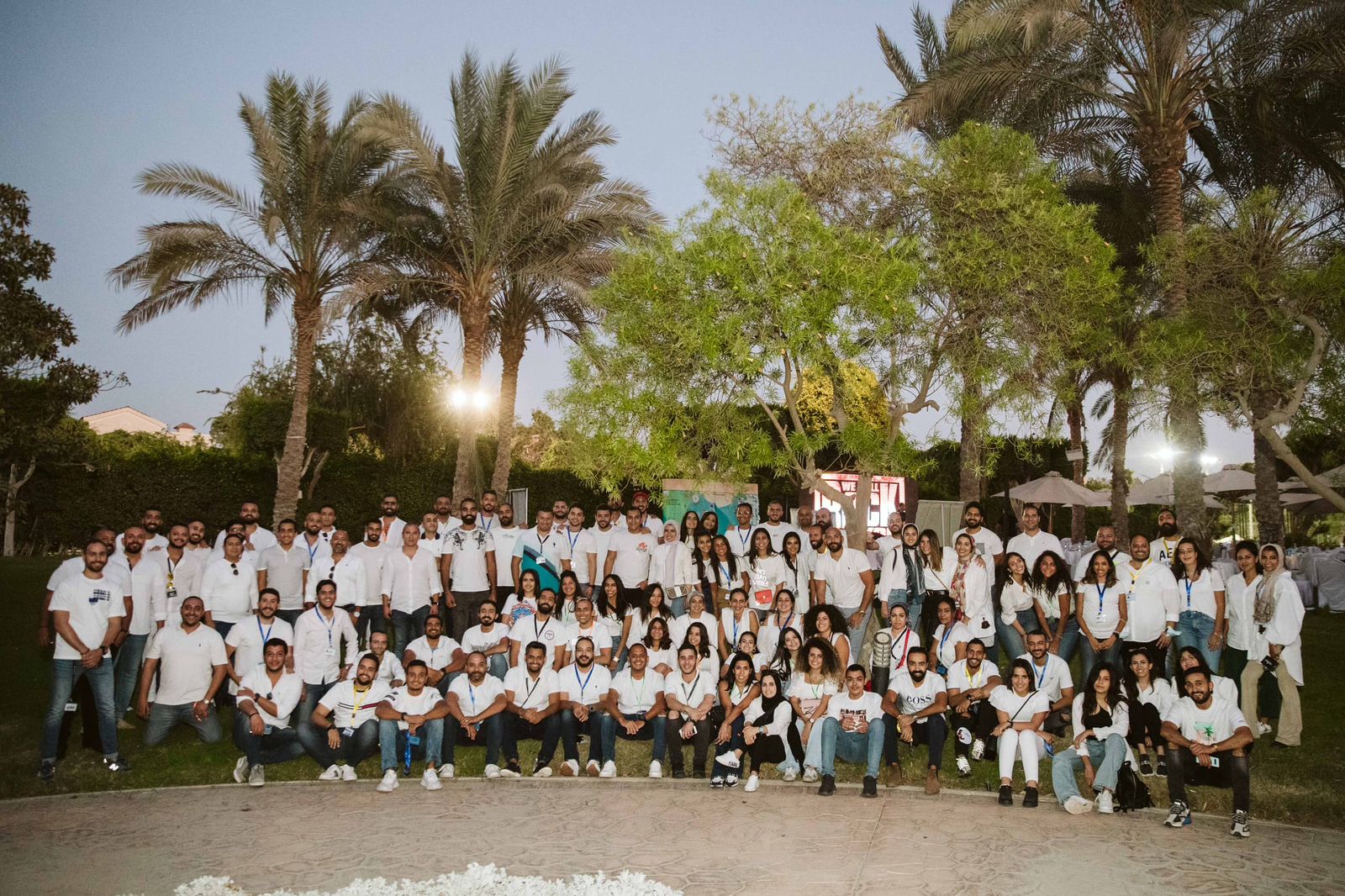There is no doubt that real estate is an important sector in the Egyptian economy. According to the American Chamber of Commerce (AMCHAM), 20 percent of Egypt’s GDP stemmed from real estate in 2021—and this was before the recent devaluations of the Egyptian pound. After the pound lost half its value against foreign currencies, Egyptians have been increasingly heading towards the real estate market as a store of value, as high inflation rates discouraged keeping money in the bank or investing in financial instruments such as bonds, bills, and certificates. Nevertheless, committing large sums of money to purchasing a house is no trivial decision; a wrong turn may risk not using hard-earned savings to its fullest potential. This is where the role of real estate consultancies comes into play, helping guide people to correct decisions and smart investments, and finding the right house that suits a client’s needs. New Avenue Real Estate Consultancy stands apart in its approach to work, client relations, and sales. Founded in 2015 by “friends and family”, according to New Avenue chairperson Ahmed El-Dessouky, the company prioritizes trustworthiness and steady growth. A Long-Run Mindset Seeing a…
When Business Meets Friendship: New Avenue’s Healthy Business Model in Egypt
August 27, 2023



